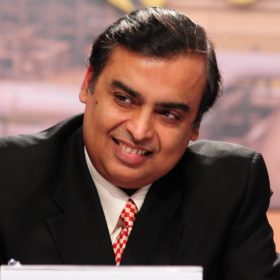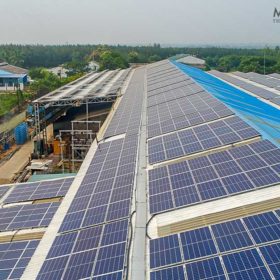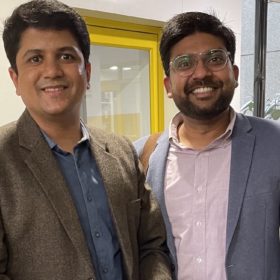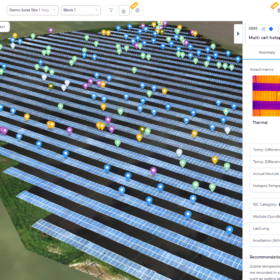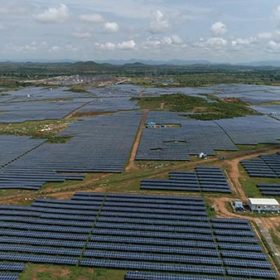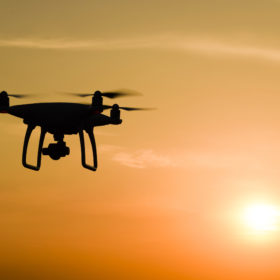Reliance Industries to acquire majority stake in SenseHawk
Reliance Industries is set to buy 79.4% of US-based SenseHawk, which provides software-as-a-service (SaaS) solutions for process optimization, automation, and asset information management across the solar asset lifecycle. The startup has globally deployed its software at more than 600 sites.
Delhi discom deploys digital data platform for solar energy management
BSES Yamuna Power Limited has deployed a digital solution pilot project that predicts the energy demand at consumption points like electric vehicle charging stations and energy generation capacity at solar rooftops. This will help the utility plan to store excess energy by considering the distribution congestion and commercial aspects.
SmartHelio appoints key executives
The Swiss PV diagnostics and predictive solutions provider has appointed Neeraj Dasila as chief technology officer (CTO), and Shankaransh Srivastava as vice president-marketing.
US-based DroneBase acquires solar analytics firm AirProbe
With the acquisition, DroneBase adds AirProbe’s market-leading artificial intelligence solution for aerial solar inspections and proprietary data analytics and expands its reach to India, Asia, and Europe markets.
Automation in solar O&M delivering plant ROI
Data analytics and digital process support in solar plant operation and maintenance delivers unmatched improvement in efficiency, while modern technology drives down development costs. It also helps service providers in ensuring sustained energy generation, long-term performance, and plant’s return on investment.
ReNew Power to use Dassault Systèmes’ 3D virtual platform for RE project management
The Indian developer will use the 3DExperience virtual platform to manage its utility-scale solar, wind, and hybrid energy projects more efficiently. The platform enables users to track the progress of multiple complex projects, quickly act on insights and ensure best-in-class delivery.
One-stop portal launched to provide all-India renewable energy generation data
The Central Electricity Authority, CEEW’s Centre for Energy Finance, and Shakti Sustainable Energy Foundation have launched an online dashboard that captures daily generation data at the state, regional and national levels for the aggregate 93 GW of installed RE capacity in India. It also captures this data at a plant level for a subset of projects.
Tata Power and Social Alpha invest in energy analytics startup ‘Urja’
The startup has developed an industrial Internet of Things-enabled sensor and analytics solution that allows manufacturing and power industries to track device-level energy wastage in real time.
Drones playing a critical role in India’s solar boom
Drones, in combination with artificial intelligence, are helping to drive powerful insights, allowing teams to make better-informed decisions throughout the solar project development lifecycle.
TERI, POSOCO partner on grid balancing research
The partnership will lead to enhanced power system modeling backed with rich data-sets to identify interventions for addressing power sector problems like grid instability.
